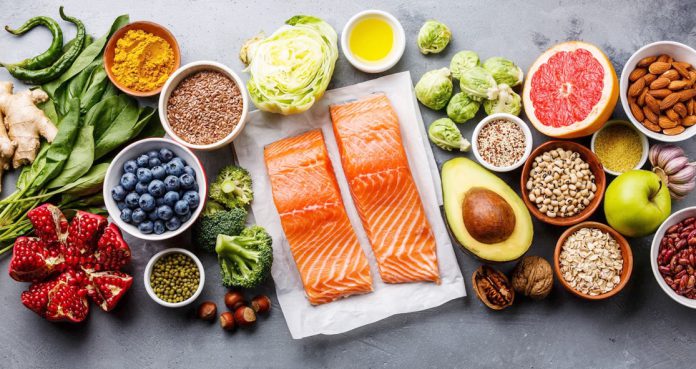Lately, many news organizations have reported that a new study has found that a low-fat diet helped women reduce their risk of dying from breast cancer.
The results came from the Women’s Health Initiative, a large, long-term, national health study, which was launched back in 1993. At that time, women who participated in the study were in their 50s, 60s, and 70s.
More than 20,000 women were advised to change their diets for at least eight years. They were asked to reduce their total fat intake. In addition, they were asked to consume more fruits, vegetables and grains. The study also included a comparison group of more than 30,000 women who were advised to follow their normal diet.
So, more than 50,000 women were involved in the study, which took place for nearly 20 years. During the course of study, some women from both groups were diagnosed with breast cancer; however, those who had changed their diets were found to have a 21 percent lower risk of dying from the malignancy.
Rowan Chlebowski of the Los Angeles Biomedical Research Institute at Harbor-UCLA Medical Center said, “This is significant because this is the first intervention study targeting breast cancer where a reduction in deaths from breast cancer has been seen.”
However, the study has raised a big question – “Doesn’t this ‘low-fat’ finding conflict with the current message we hear to eat plenty of healthy fats from sources such as fish, avocados, olive oil and other plant-based oils?”
Well, when this study was initiated in 1993, it was the low-fat era. A medical oncologist at the Dana-Farber Cancer Institute Jennifer Ligibel said, “We really regarded fat as something we shouldn’t be eating. There’s been a lot that we’ve learned in the time since the study started about healthy fats and unhealthy fats. We’ve also learned more about the effects of refined carbohydrates and sugar.”
So, was it the overall fat reduction or the benefits of eating more fruits, vegetables and whole grain that provided women the much-needed protection against death from breast cancer? Well, the researchers do not know what has helped them.
The study co-author JoAnn Manson said, “It is very difficult to disentangle the individual components. The trial was designed to test reduction in total fat because the evidence at that time was… that reducing total fat could lower risk.”
Manson added, “Now, there’s much more evidence that, especially for [preventing] cardiovascular disease, the type of fat really matters.”
She explained that the role of dietary fat has been less clear when it comes to preventing cancer.
The director of Nutrition Studies at the Stanford Prevention Research Center and a professor of medicine at Stanford University Christopher Gardner said, “Lentils and lollipops are both low-fat. Avocados and butter are both high fat.” Although he was not part of the study, he explained that fat content alone does not determine whether a food is healthy or unhealthy.
Gardner mentioned, “When the women [in the Women’s Health Initiative study] were counseled to achieve a lower-fat diet by eating more fruits, veggies and whole grains, they were doing more than lowering fat, they were increasing fiber and nutrients.” He explained that the women involved in the study were adding good things to their diets.
There is one more point to consider. The women who changed their diet lost about 3% of their body weight. This could be another possibility of the reduced death risk associated with breast cancer. There is strong evidence that obesity increases the risk of breast cancer, so losing weight could be one of the ways to reduce the risk.
Manson said, “The percentage of the benefit that is due to weight loss is not entirely clear.”
Researchers say that the new study does not prove that simply reducing fat intake helps protect women against death from breast cancer. However, it does prove one thing that there is a growing body of evidence that a diet containing fruits, vegetables, and whole grains can be beneficial. The findings of this federally funded study on breast cancer and the low-fat diet have not been published yet. Researchers are expected to present their findings in the upcoming conference of the American Society of Clinical Oncology.





















